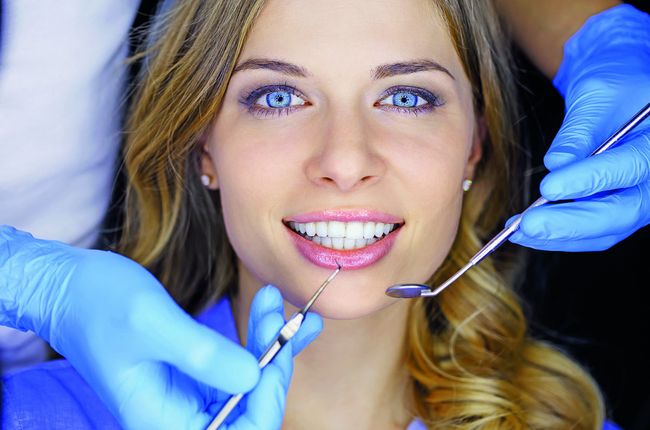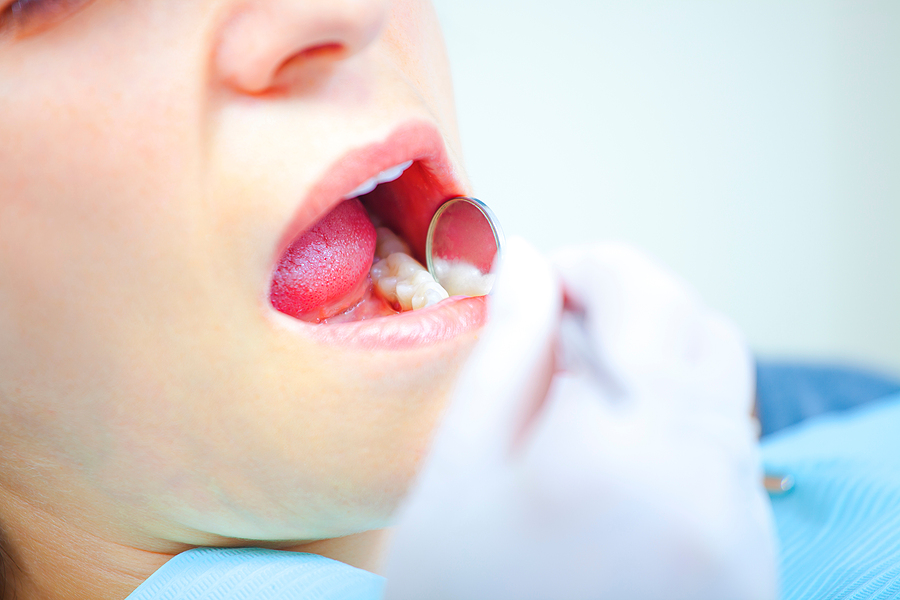![This is a thumbnail image of blog Cosmetic Restorations and Its Wonders This is a thumbnail image of blog Cosmetic Restorations and Its Wonders]()
Cosmetic Restorations and Its Wonders
Jun 09, 2022![This is a thumbnail image of blog Dental Care Tips For Halloween This is a thumbnail image of blog Dental Care Tips For Halloween]()
Dental Care Tips For Halloween
Oct 27, 2022![This is a thumbnail image of blog A Comprehensive Guide to Full-Mouth Reconstruction in Atlanta, GA: Restoring Your Smile and Oral Health This is a thumbnail image of blog A Comprehensive Guide to Full-Mouth Reconstruction in Atlanta, GA: Restoring Your Smile and Oral Health]()
A Comprehensive Guide to Full-Mouth Reconstruction in Atlanta, GA: Restoring Your Smile and Oral Health
Aug 05, 2024![Dental Bonding in Atlanta GA Dental Bonding in Atlanta GA]()
Transforming Smiles: Exploring the Wonders of Dental Bonding for Cosmetic Enhancements
Feb 12, 2024![This is a thumbnail image of blog What Are Dental Sealants and How Do They Work? This is a thumbnail image of blog What Are Dental Sealants and How Do They Work?]()
What Are Dental Sealants and How Do They Work?
Jan 22, 2025
Bad Habits That Can Damage Your Teeth

Bad Habits That Can Damage Your Teeth
Nail biting, using teeth as tools, chewing ice cubes, frequent snacking, thumb sucking, teeth grinding, and brushing too hard are some of the most common bad habits that can negatively affect your oral health. Here is how.
Nail Biting
Nail biting is a practice that’s unhealthy for your oral and overall health. It can lead to chipped teeth or, in severe cases, tooth loss. Aside from causing damage to your teeth, nail biting can also harm your gum line and cheek muscles. People who frequently bite their nails also tend to grind their teeth in their sleep. This can lead to further oral health problems in the future.
The best way to stop nail biting is to recognize when it’s happening. When you’re trying to stop a bad habit, it’s important to pinpoint what triggers it in the first place. Some common triggers for nail biting include anxiety, insecurity, boredom, tiredness, and stress. You may have to try a few different strategies before you find the one that works for you. Breaking the cycle can be tough, but you can do it! It just takes a little determination. Talk to your prosthodontist about other ways you can break this bad habit for good.
Using Teeth As Tools
Did you know that using your teeth as tools can crack or chip them? If you need to open a package, use scissors instead of your teeth so you don’t damage the enamel on your teeth. The same goes for tearing the plastic wrapping off of something – use a tool instead so that you don’t cause unnecessary damage to your pearly whites!
Chewing Ice Cubes
Many people enjoy chewing on ice or hard candy to freshen their breath. But ice and hard candies can cause damage to your teeth – especially your enamel. Over time, this can cause tooth sensitivity and lead to tooth decay. Your teeth are also at greater risk for chipping and breaking if you chew on hard objects regularly. If you suffer from tooth sensitivity or ongoing toothache, see your prosthodontist as soon as possible for treatment.
Frequent Snacking
While frequent snacking isn’t usually a bad thing in and of itself, if you are prone to snacking throughout the day and consuming foods that contain a lot of sugar or acid, this can lead to tooth decay over time. Additionally, if you tend to snack on foods that are sticky or high in carbohydrates, they can pull your brackets off your teeth during treatment and cause further issues. Try to only eat three square meals a day and avoid grazing in between snacks. Try to stick with healthier options like fruits, nuts, carrots, and other vegetables. Also, avoid drinking beverages that are high in sugar and acid, like soda pop and sports drinks, which can wear down your enamel and increase your risk of cavities.
Thumb Sucking
Thumb sucking is an instinctual behavior for babies and young children and may continue well into adulthood for some. It’s a natural reflex to help soothe a child’s sore gums while teething. However, it can have consequences down the road when the child goes on to form permanent teeth. The continual pressure on baby teeth can lead to misalignment of adult teeth and even cause them to come in crooked. It can also lead to improper growth of jaw development. If thumb sucking continues into adolescence and adulthood, it can push the teeth forward and lead to an overbite or underbite. In some cases, this can cause headaches and neck pain as well.
If you suspect your child or you yourself are guilty of this habit, stop as soon as possible. The sooner you break the habit, the less likely you will have to deal with these potential complications later down the line.
Teeth Grinding
If you think you might be grinding your teeth at night or throughout the day, talk to your prosthodontist about possible solutions. When teeth grinding happens on a regular basis, it can lead to headaches and jaw pain, as well as very worn-down enamel on affected teeth. Some patients may even experience broken teeth as a result. If you notice wear on your teeth, make an appointment with your prosthodontist right away so he or she can evaluate you for bruxism. There are different treatments available to you depending on your specific situation, including wearing a special mouth guard while you sleep. Your doctor may also recommend some lifestyle changes that can help stop this problem from recurring. For example, cutting back on caffeine consumption during the day can give you the energy you need to stay awake without the added side effect of interrupted sleep due to teeth grinding.
Brushing Too Hard
While brushing your teeth twice a day for two minutes is important, it’s also important to brush gently with a soft-bristled toothbrush and to brush correctly. Brushing too hard can lead to receding gums or enamel erosion, which can make teeth more sensitive and more prone to cavities. When you brush your teeth, don’t scrub hard back and forth along the gum line but instead use small circular motions. If you aren’t sure if you’re brushing too hard, talk to your prosthodontist about it the next time you go in for an appointment. He or she can give you some tips and help you figure out if your brushing habits are contributing to any oral health issues.
The prosthodontist in Atlanta, GA, and the team are happy to explain the dental treatments offered at the practice in detail. If you would like to learn more about our dental services or dental care tips, we invite you to give us a call at (404) 255-4575 and schedule a consultation.
Office Hours
MON - THU7:30 am - 3:30 pm
FRI - SUNClosed












comments